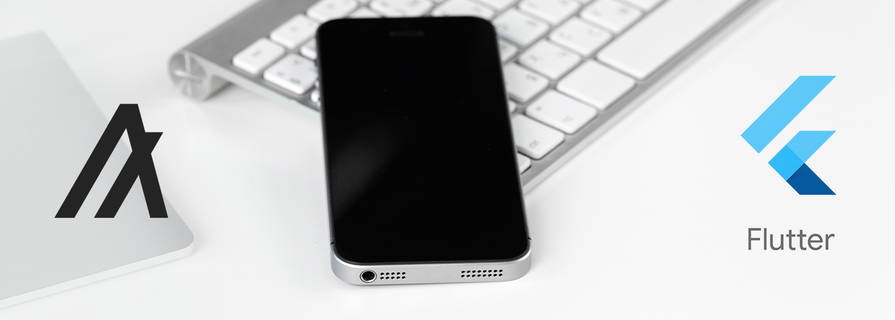asset management
Showing 35 posts related with asset management.
-

Algorand Asset Management Portal
Application with intuitive user interface where a user can seamlessly create, configure, destroy, freeze and unfreeze the assets for an account on the Algorand blockchain.
-
 Intermediate · 1 hour
Intermediate · 1 hourHybrid Online / Offline Shared Management of Community ASA through Multisig Account
In this tutorial you will learn how to share the management of a “Community Membership ASA” among the Community Board members with a Multisignature Account using a hybrid Online / Offline approach
-

Using Assets and Smart Contracts in Real Estate
Blockchain enables disruptive innovation within the real estate industry. This tutorial series explains the basics and creates an NFT to represent a property.
-
 Beginner · 1 hour
Beginner · 1 hourWorking with ASA using Python
This tutorial demonstrates the steps involved in working with an Algorand Standard Asset (ASA) using the Python SDK.
-
 Beginner · 30 minutes
Beginner · 30 minutesCreate and Manage a Non-Fungible ASA from the Command Line Using goal
This tutorial guides you step-by-step through the creation and configuration of a non-fungible Algorand Standard Asset (ASA) from the command line using goal.
-

Connecting WebApps using AlgoSigner
This article highlights the AlgoSigner Chrome plugin and how it can be used to handle private keys and secret mnemonics without developers having to worry about them.
-

Making Development Easier with AlgoDEA IntelliJ Plugin
AlgoDEA IntelliJ plugin provides end to end development life-cycle on Algorand blockchain using IntelliJ IDE. Using this plugin, developers can create and test both stateless and stateful smart contracts directly from their IntelliJ IDE. Some of the other key features supported by this plugin are editor support for TEAL & PyTeal files, ASA management, Atomic Transfers, Test account management. The goal of this plugin is to increase developer productivity by simplifying various interactions with Algorand blockchain. Due to simple consistent development workflow in the IDE, developers can iterate faster during development stage.
-

An Overview of the Best Algorand Developer Resources
A summary of the most important courses, resources, and links to learn about Algorand development.
-

Creating a CrowdFunding Application with the Algorand Blockchain
This solutions article describes the implementation of a next-generation crowdfunding Application using the Algorand Blockchain.
-

Algo Tides - Manage Your Own Wallets with a Graphical Interface
This solution introduces you to "Algo Tides" and describes common techniques in building a graphical interface on Algorand using Python.
-

ASA Recurring Withdrawal DApp
Build an ASA's recurring withdrawal dApp combining Algorand Standard Assets, Algorand Smart Contracts and Atomic Transfers.
-

Using the Circle API to transfer funds between the Algorand blockchain and traditional bank accounts
This article describes the new TestNet dispenser’s design and implementation, enabling both USDC and Algos for testing.
-

AlgoRealm, a NFT Royalty Game
AlgoRealm is a simple NFT game that provides an example of how to build NFTs with embedded royalty policies on Algorand.
-

Create a Cross-Platform Wallet with Flutter and Dart SDK
Use Flutter 2 to create production-ready cross-platform Algorand applications and export them to mobile, web and desktop.
-

Fractional Auction Listing for Real Estate Investing
Deploy a Fractional Auction Listing Application using smart contracts and atomic transfers to allow investors to purchase fractional ownership of real estate.
-

Channel Manager for NFTs
A Software-as-a-Service based channel manager, connecting marketplaces and users to Algorand blockchain, using combination of intuitive features and simple interfaces.
-
Case Study: OneStep Disaster Relief Platform Built on Algorand
This article describes the development of a comprehensive disaster relief platform powered by the Algorand blockchain.
-

ASA Bidding Application Using PyTeal
Solution that explains a system developed on the Algorand network that does automated bidding for an asset of interest for a predefined period of time. The app is developed using PyTeal and py-algorand-sdk